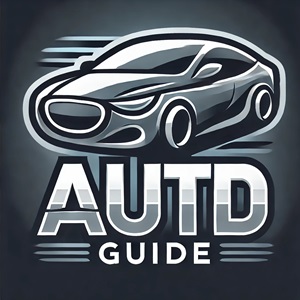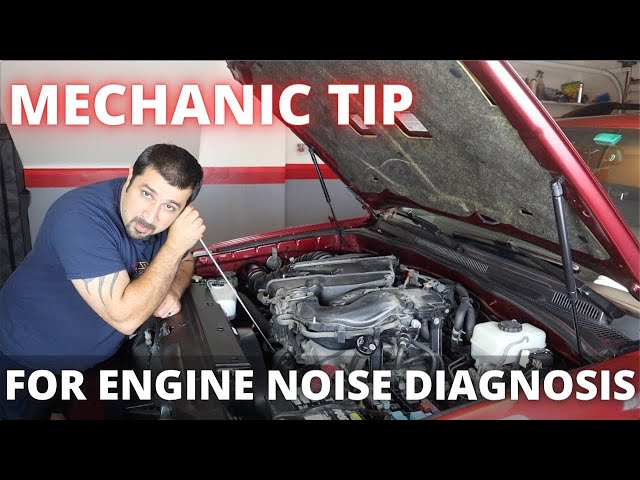As a car owner, it’s crucial to be aware of the various sounds your vehicle makes. While some noises are harmless, others can indicate serious issues that require immediate attention. Here are the top five engine noises you should never ignore and what they might mean for your car.

1. Squealing
What It Sounds Like: A high-pitched squeal, often heard when you start the engine or accelerate.
Possible Causes:
- Worn Serpentine Belt: The serpentine belt controls various engine accessories like the alternator and water pump. A worn or loose belt can cause a squealing noise.
- Brake Issues: If the squealing occurs when you brake, it might be time to replace your brake pads.
Why You Shouldn’t Ignore It: Ignoring a squealing noise can lead to more severe problems, such as a broken belt, which can cause engine overheating and battery failure.
2. Tapping/Clicking
What It Sounds Like: A rhythmic tapping or clicking noise, often increasing with engine speed.
Possible Causes:
- Low Oil Level: This is one of the most common causes and can be easily checked by looking at the dipstick.
- Valve Train Issues: Problems with the valve train, such as worn lifters or camshaft lobes, can also cause this noise.
Why You Shouldn’t Ignore It: Low oil levels can lead to severe engine damage. If the oil level is fine, a professional should inspect the valve train to prevent further issues.
3. Grinding
What It Sounds Like: A harsh, metallic grinding noise, often heard when the car is in motion.
Possible Causes:
- Worn Bearings: Worn-out bearings can cause grinding noises when the car is driving or idling.
- Transmission Issues: Grinding during shifting can indicate a worn-out clutch or transmission problems.
Why You Shouldn’t Ignore It: Grinding noises often indicate severe mechanical issues that can lead to costly repairs if not addressed promptly.
4. Knocking
What It Sounds Like: A metallic knocking or pinging sound, often heard during acceleration.
Possible Causes:
- Detonation Knock: This occurs when the fuel-air mixture in the cylinder detonates at multiple locations simultaneously.
- Rod Knock: A deeper knocking noise can indicate worn-out rod bearings.
Why You Shouldn’t Ignore It: Ignoring knocking noises can lead to severe engine damage, including piston and cylinder wall damage.
5. Hissing or Sizzling
What It Sounds Like: A hissing or sizzling noise, often heard when the engine is hot.
Possible Causes:
- Coolant Leak: A hissing noise can indicate a coolant leak, which can lead to engine overheating.
- Vacuum Leak: A vacuum leak can also cause a hissing noise and affect engine performance.
Why You Shouldn’t Ignore It: Coolant leaks can cause the engine to overheat, leading to significant damage. Vacuum leaks can affect engine efficiency and performance.
Conclusion
Being attentive to the sounds your car makes can save you from costly repairs and ensure your vehicle runs smoothly. If you hear any of these noises, it’s essential to have your car inspected by a professional mechanic as soon as possible. Regular maintenance and prompt attention to unusual sounds can help keep your car in top condition and extend its lifespan.
If you have any specific questions or need further assistance, feel free to ask!

